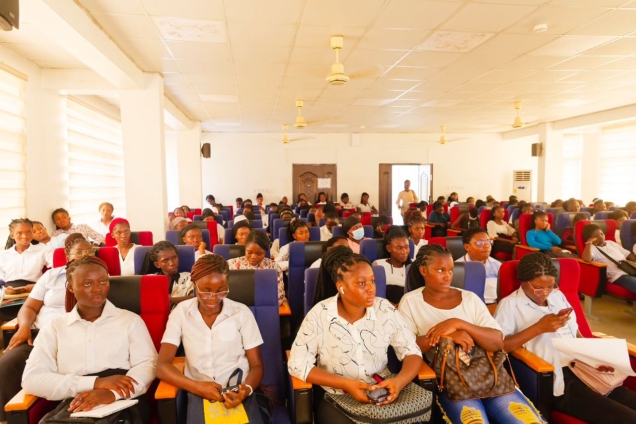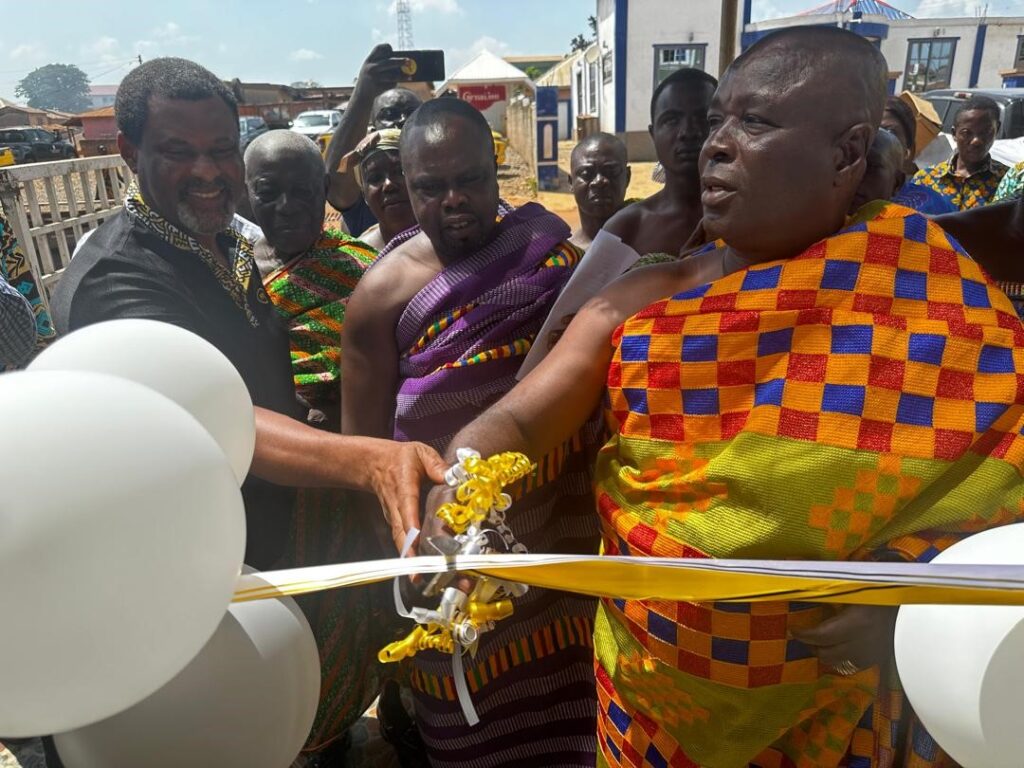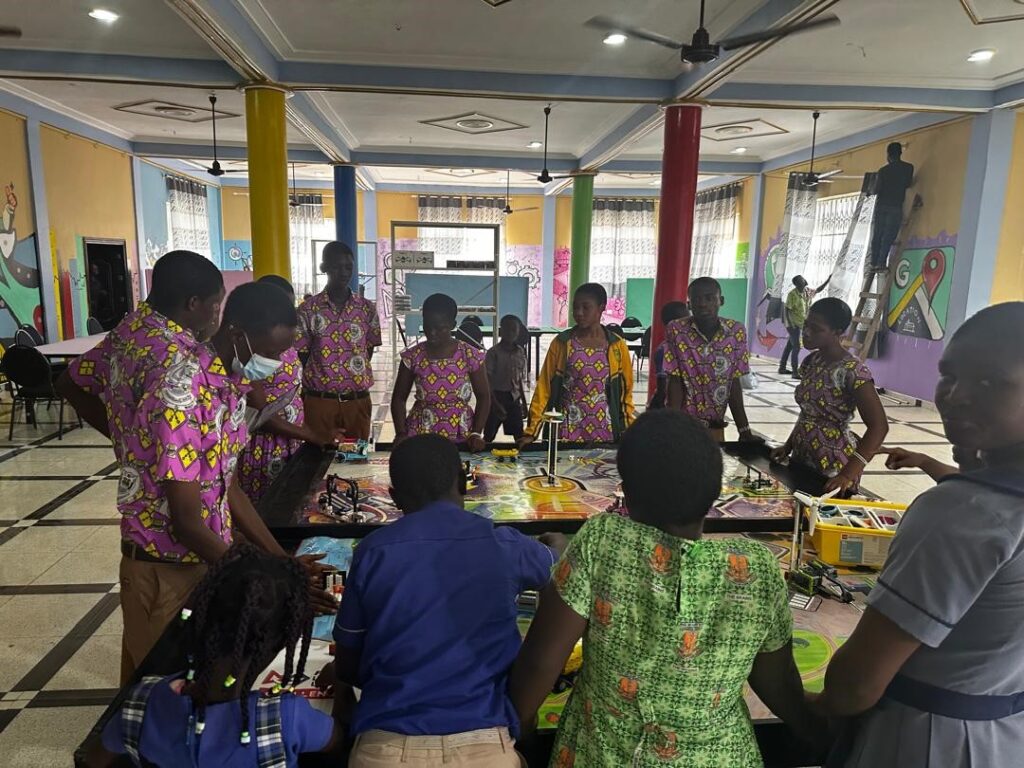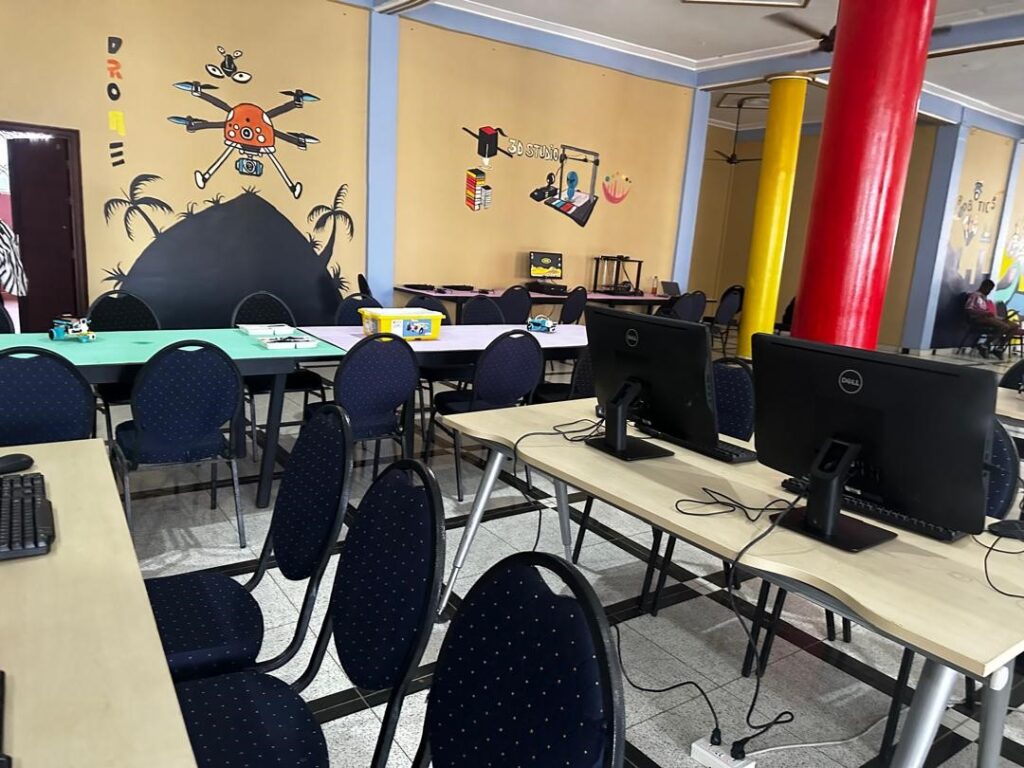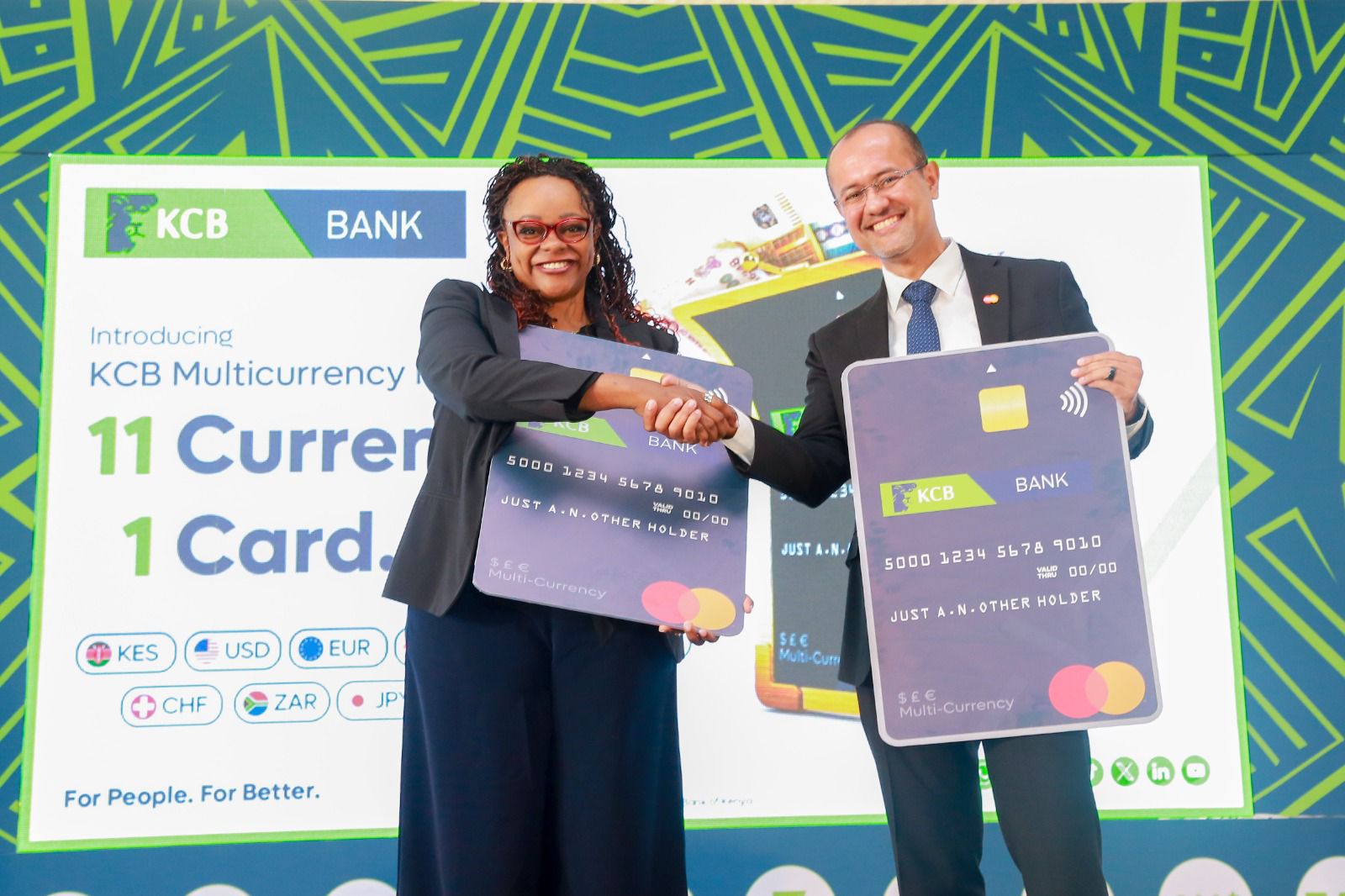In today’s rapidly expanding technological landscape, AI is no longer an optional investment. Greg Williams, UiPath’s Regional Vice President for South Africa, highlights that artificial intelligence is becoming a crucial aspect of corporate operations across industries, particularly with the rise of agentic automation.
AI-Powered Automation: A Growing Necessity
“AI-powered automation is poised to play an increasingly crucial role in helping South African companies enhance their competitiveness and operational efficiency,” says Williams. He believes that 2025 will see a surge in organizations exploring the opportunities AI presents and developing the necessary capabilities to harness it effectively.
UiPath’s AI and Automation Trends 2025 and State of the Automation Professional Report 2024 show that AI is already making significant strides in automation projects worldwide. In South Africa, PWC reports that 92% of CIOs expect widespread AI adoption shortly, which further underlines the urgency for businesses to adapt.
Despite fears of job losses in labor-intensive economies like South Africa, UiPath’s report reveals that 61% of companies globally have increased their automation workforce in the past year. Moreover, 81% of surveyed companies plan to hire more as automation continues to rise, dispelling common myths about AI replacing human jobs.
The Rise of Agentic Automation
Looking ahead to 2025, UiPath predicts a milestone in the maturity of AI and the emergence of agentic automation. But what exactly is agentic automation?
“Agentic Automation is the next step in AI-powered systems,” explains Williams. “It leverages the power of generative AI (GenAI) to empower agents to analyze unstructured data, recognize patterns, make decisions, and take autonomous actions.” These systems are fueled by large language models (LLMs), GenAI, and large action models (LAMs), allowing for reliable, self-driven operations.
Key Trends to Watch in 2025
UiPath has outlined several key trends for 2025 that will shape the future of AI and automation in businesses:
TREND I. The rapid development of AI agents that autonomously understand, plan and operate within complex workflows.
Prediction: Agent-based AI will allow companies to automate complex processes with minimal supervision, increasing productivity and opening up new opportunities for industry-specific automation solutions.
Preparation: Subject at least one process to agent automation. Passivity stifles innovation, so it is worth joining the pioneers in agentic AI or at least keeping a close eye on their activities.
TREND II. With the development of agent-based artificial intelligence, orchestration is becoming increasingly important.
Prediction: In order to realise the full potential of agentic AI, businesses will need a dynamic infrastructure that enables humans and robots to collaborate with agents. Additionally, it will need to enable their creation, deployment, and monitoring of their activities with transparency and compliance.
Preparation: Create a plan for the introduction and scaling of an agentic AI environment, taking into account the need for human oversight and the role of RPA robots as the ‘hands and feet’ of new agents.
New business strategies
This year’s changes will not only affect the technology behind AI itself but also the ways in which it can be used in a business context. Organisations will rethink how they approach problems such as technology debt or the lack of a concrete strategy when implementing AI, as both the opportunities for its widespread implementation and the costs of falling behind do so too.
TREND III. Executives are disillusioned with spending millions on AI without the expected results. Companies that implement AI without clear strategies to measure and demonstrate ROI will struggle to justify the short-term costs but rue the costs in the long run.
Prediction: Companies need to develop procedures to track and measure the impact of AI on key business outcomes such as productivity, cost savings and revenue growth. The role of business technology providers will also increase. One of the most widespread uses of AI are ‘copilots’, which help employees with various office tasks. These are being developed by major enterprise technology providers such as Microsoft, GitHub and Google and are yielding excellent results. For example, UiPath has created Autopilot for Developers, which reduces automation development time by 75%.
Preparation: A greater focus on AI ROI measurement tools and strategies, a thorough analysis of the company’s use of the technology, and training in the use of embedded tools such as ‘copilots’. With greater integration opportunities and the increasingly autonomous nature of AI, the ROI calculation needs to evolve beyond time savings.
TREND IV. Heads of technical departments are turning to AIOps (Artificial Intelligence for IT operations) tools to streamline operations, automate routine tasks and improve system reliability.
Prediction: As organisations increasingly rely on complex digital infrastructures, many are struggling with technology debt—the cumulative weight of compounding inefficient processes and outdated systems that can slow down innovation or increase the cost of operations.
Preparation: Investing in AIOps can prove invaluable for managing technology ecosystems more effectively. This will reduce short- and long-term technology debt, while freeing up resources to drive innovation.
Regulatory landscape
TREND V. Escalating regulation: global lawmakers are working to control the power of AI.
Prediction: The AI Act introduced by the European Union could result in the first fine related to artificial intelligence. The EU is spearheading the introduction of increasingly restrictive regulations on the technology. This could discourage investment in AI within the EU and stifle growth, or alternatively become a model for legislation in the US, UK and Asia-Pacific, which the AI research communities are still waiting for with bated breath.
Preparation: Implement robust data governance and adequate security measures, prioritise transparency as well as comprehensibility of AI algorithms, and establish clear accountability structures for AI-related decisions.
As AI continues to mature, Williams stresses the importance of proactively embracing agentic automation and other emerging AI technologies. “The future of business is autonomous and intelligent,” he says. “Companies that adopt AI early and focus on building sustainable, transparent AI systems will be better equipped to thrive in the competitive landscape of 2025 and beyond.”
Source: itnewsafrica.com




